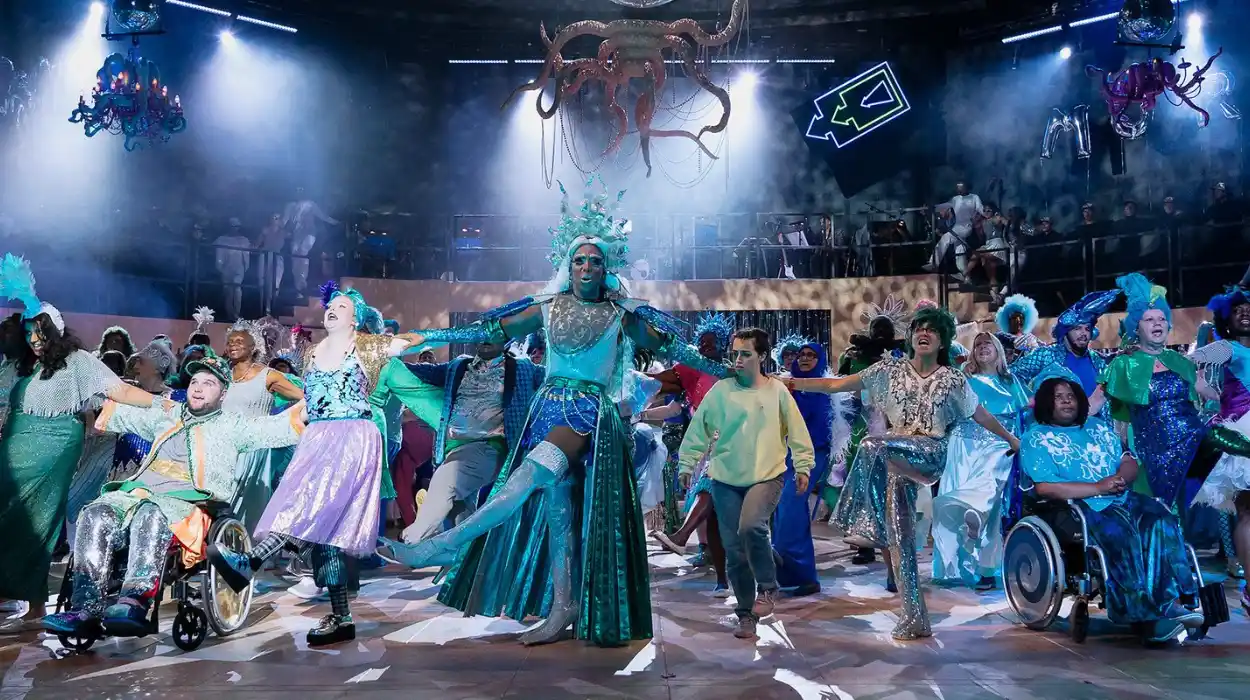The Society of London Theatre & UK Theatre, Culture Secretary Lucy Frazer outlined her ambitious vision for the future of the UK theatre sector. Frazer expressed her admiration for the theatre’s powerful ability to educate, entertain, and connect, highlighting its central role in shaping the national identity and economy.
Frazer emphasized that theatres are “the envy of the world,” a reflection of both their artistic excellence and their impact on local communities. She pointed out how theatres provide a rare space for reflection and escape, contrasting the fast-paced bombardment of information in today’s society. For her, the theatre serves as a mirror to the nation, offering a unique cultural commentary, from classics like Jerusalem to contemporary hits like Prima Facie.
Regional Theatres as Economic and Social Hubs
A key theme in Frazer’s speech was the importance of regional theatres. Beyond offering entertainment, regional venues such as the Crucible in Sheffield play an integral role in civic life. They nourish local communities through outreach activities and serve as major contributors to regional economies. Frazer recognized the contribution of these theatres to local regeneration and emphasized the economic and social value they bring, noting that they frequently act as a focal point for town centers.
She celebrated the innovative work of theatres across the UK, citing the success of Standing at the Sky’s Edge, which originated in Sheffield and has gone on to win prestigious awards, as a testament to the strength of regional theatre.
Theatres’ Role During and After Covid
Frazer’s speech also reflected on the immense challenges posed by the Covid-19 pandemic. When theatres closed their doors in 2020, there was a real fear that many would not survive. However, the government’s £2 billion investment through the Culture Recovery Fund helped ensure that theatre lights only dimmed, rather than went out permanently.
Theatres roared back to life post-pandemic, and Frazer highlighted the role of live performances in reconnecting people after extended periods of isolation. She used the example of this year’s Olivier Awards to showcase the sector’s resilience, where a diverse range of shows from the West End captured the imagination of audiences and critics alike.
Government Support and Creative Industries Vision
Frazer underlined the government’s continued commitment to supporting the arts through measures like the higher rate of theatre tax relief and initiatives aimed at growing the creative sector. She referenced the newly launched Creative Industries Vision, which aims to unlock growth and develop a pipeline of talent for the future. In her view, the UK is well-positioned to rival Broadway in the coming years, with the West End continuing to attract the best global talent.
Conclusion
In closing, Frazer’s speech was a celebration of the UK theatre industry’s cultural significance and economic impact, as well as a commitment to ensuring its continued growth. Her emphasis on innovation, talent development, and government support underscores a vision where the UK theatre sector not only recovers but thrives in the years ahead. Theatres are not only an essential part of the UK’s identity but also crucial drivers of economic and social growth across the country.


